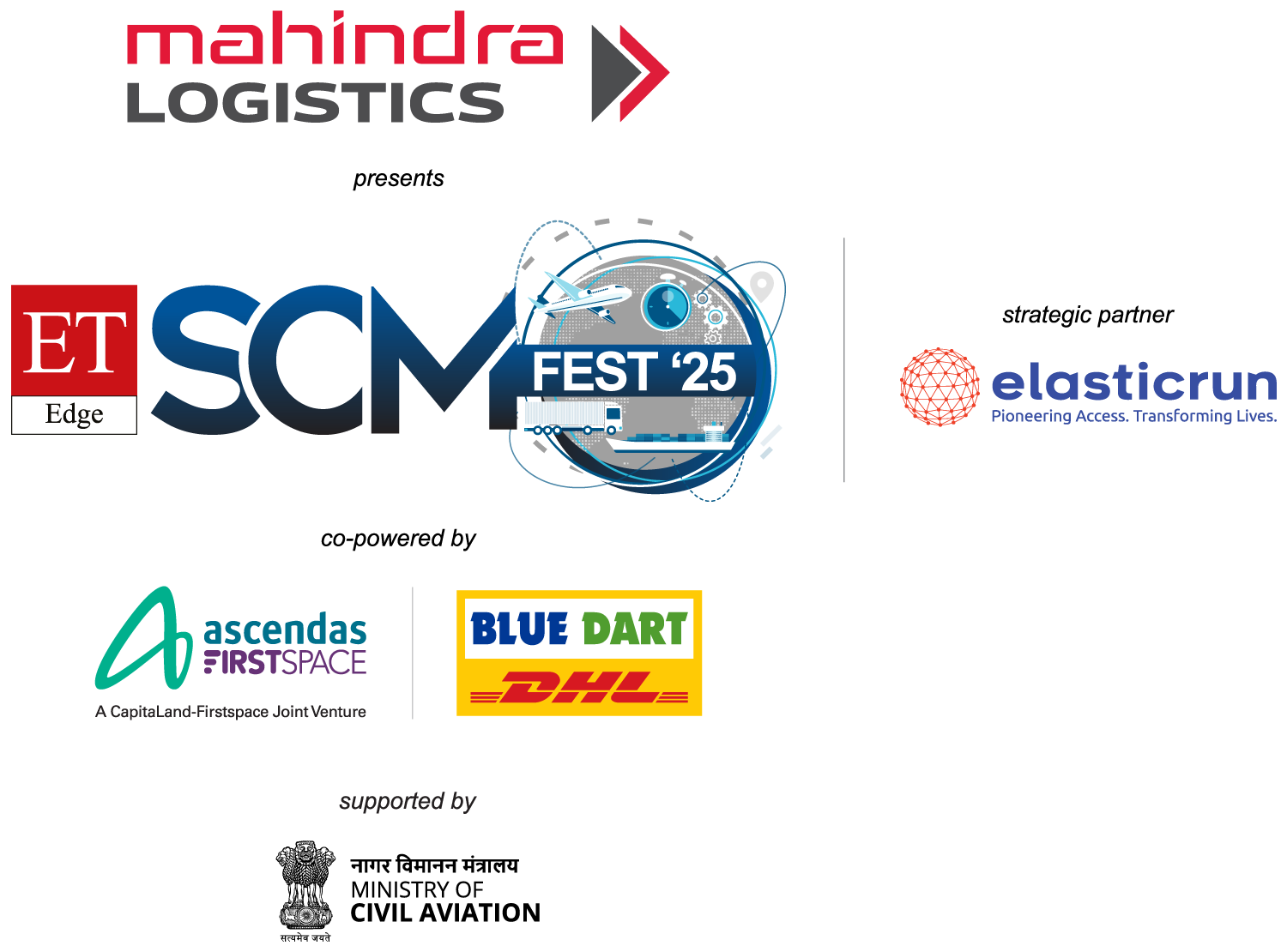Article
- Home
- Article

- scmcp2025
- 0 Comments
What are some new trends in Logistics Management?
Is your logistics strategy still rooted in traditional practices? If so, you may be missing out on groundbreaking trends that are reshaping the supply chain industry. As we move deeper into the 21st century, logistics management is undergoing a radical transformation, driven by technological advancements, sustainability demands, and an ever-evolving global market. The question isn’t whether you should adopt these innovations, but rather, can you afford not to? Here’s a deep dive into the most compelling trends that are challenging the status quo and setting new standards for efficiency, transparency, and resilience in logistics management.
Embracing Artificial Intelligence and Robotics
Artificial intelligence (AI) and robotics are revolutionizing supply chain management. The role of artificial intelligence in supply chain management includes predictive analytics for demand forecasting, optimization algorithms for route planning, and machine learning for inventory management. Robotics, on the other hand, is enhancing warehouse operations with automated sorting, packing, and transportation. According to a recent report, the AI in logistics market is expected to grow to $9.9 billion by 2028, highlighting the rapid adoption of these technologies.
One shining example of AI’s impact is Amazon’s use of AI-powered robots in their warehouses, which has significantly improved efficiency and reduced operational costs. These robots work alongside human employees, optimizing tasks that require precision and speed.
Blockchain: The New Backbone of Supply Chains
Blockchain technology in supply chain management is another trend that’s gaining momentum. This decentralized ledger system ensures transparency and traceability, reducing the risk of fraud and enhancing trust among stakeholders. The application of blockchain in supply chain logistics includes tracking the provenance of goods, verifying certifications, and streamlining customs processes. The adoption of blockchain technology in supply chain and logistics is not just a buzzword but a tangible solution to longstanding challenges.
For instance, IBM and Maersk have collaborated on TradeLens, a blockchain-based platform that has already onboarded over 90 organizations and recorded more than 150 million shipping events. The advantages of blockchain in supply chain include reduced paperwork, faster transactions, and enhanced security, all of which contribute to a more efficient and reliable logistics network.
The Internet of Things: Connecting the Dots
The Internet of Things (IoT) is playing a crucial role in creating smart supply chains. IoT in logistics and supply chain management allows for real-time tracking of goods, environmental monitoring for perishable items, and predictive maintenance of transport vehicles. Companies using IoT in supply chain operations are reaping significant benefits, such as reduced downtime, improved asset utilization, and enhanced customer satisfaction.
In the cold supply chain sector, IoT devices monitor temperature and humidity levels, ensuring the integrity of sensitive products like pharmaceuticals and fresh produce. The benefits of IoT in supply chain are manifold, including cost savings, increased operational efficiency, and better decision-making capabilities.
Robotics and Automation: The Future of Warehousing
Warehouse operations are becoming increasingly sophisticated with the integration of robotics and automation. These technologies are streamlining processes such as order picking, sorting, and packaging, leading to faster turnaround times and reduced labour costs. Modern techniques in supply chain management now include automated guided vehicles (AGVs) and robotic arms, which can work around the clock without fatigue.
Sustainability: A New Imperative
Sustainability in global supply chains is no longer optional; it’s a necessity. Consumers and regulatory bodies are increasingly demanding eco-friendly practices, prompting companies to adopt greener logistics solutions. This includes optimizing routes to reduce fuel consumption, using electric or hybrid vehicles, and implementing sustainable packaging materials.
For example, Unilever has committed to achieving net-zero emissions across its supply chain by 2039. This ambitious goal involves leveraging advanced technology in supply chain management to track and reduce carbon footprints at every stage of the logistics process.
The Road Ahead – Join the Conversation
The logistics landscape is evolving rapidly, driven by technological advancements, sustainability efforts, and changing consumer expectations. Staying ahead of these trends is crucial for businesses looking to optimize their supply chain operations and maintain a competitive edge. The upcoming Supply Chain Management and Logistics Summit on June 28, 2024, in New Delhi, presents a unique opportunity to delve deeper into these trends and explore innovative supply chain solutions.
This summit, one of the premier supply chain conferences in India, will bring together industry leaders, experts, and innovators to discuss and share insights on the latest developments in logistics and supply chain management.
In conclusion, the future of logistics management is bright, with AI, blockchain, IoT, robotics, and sustainability leading the charge. Embracing these trends will optimize supply chain and prepare the business for the challenges and opportunities of the modern trade supply chain landscape. Join us at Supply Chain Management and Logistics Summit and be part of the conversation that’s shaping the future of logistics.
© Copyright 2025. All Rights Reserved.


